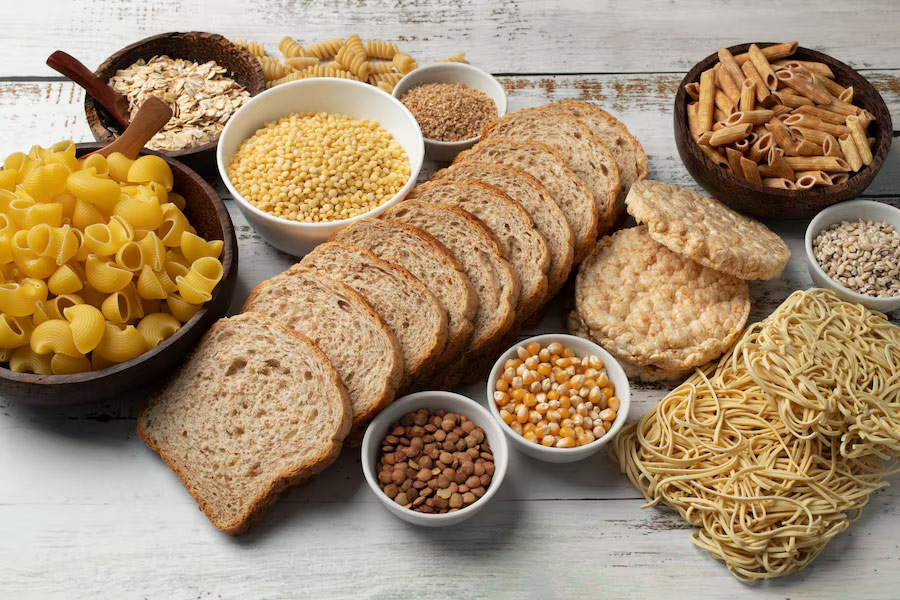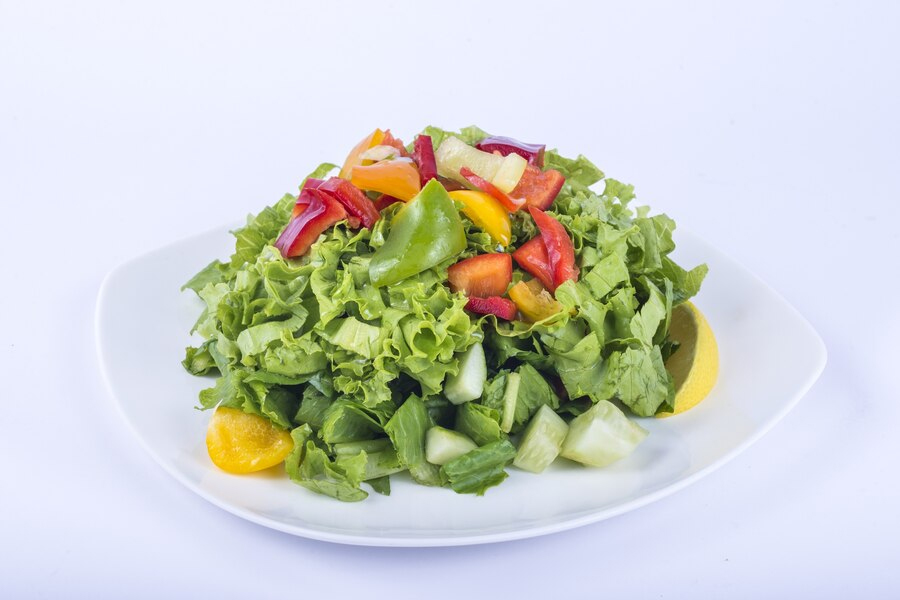
Running daily for fitness might not be the same as running for a marathon. What becomes even more important is to prepare for its nutritional needs. If the nutritional needs are not met, you may feel exhausted and have trouble completing the race. But how can one prepare for a marathon and when should you start? To answer your questions, we spoke to Roopali Mehta, Nutritionist and Six World Major Marathon’s Finisher, Mumbai, who explained what athletes should eat before, during, and after their run.
Table of Content:-
Pre-run Nutrition Before Marathon

You should start making the desired changes in your diet two days before the marathon day.According to Johns Hopkins Medicine, most women runners tend to not eat enough and overdo the running. This can have an impact on their health if they do not replenish their body with the essential nutrients.
Follow these nutritional tips shared by Mehta:
- Consume meals that are high in carbohydrates and protein. For example, you can pair rice or root vegetables with lean protein sources like chicken or tofu. This is because the preferred fuel source for the body is glycogen-stored carbohydrates. According to a 2007 study, eating extra carbs before a marathon can help you run faster and longer without getting tired.
- You should also hydrate yourself throughout the day. Muscle cramps are common while running, but electrolyte drinks can help prevent them.
- On the marathon day, consume a light breakfast 2-3 hours before the start. This can include oats with honey, toast with butter, or a banana with peanut butter. Also, refrain from eating heavy, high-fibre, or fatty foods as they might cause indigestion.
Also Read: Marathon Recovery: Here Is Why It Is Important
During the Run

Don't forget to provide your body with the essential nutrients if your race is longer than an hour. You can consume bananas, raising, or energy gels as they are easily digestible carbohydrates. “Pair it with small sips of water or electrolyte drinks to maintain hydration and energy levels. You must avoid sugary snacks, especially fibre or fat as it can lead to gastrointestinal discomfort,” advised Mehta.
Post-run Recovery
Did you know recovery begins within 30 minutes of finishing your race? To speed up this process, include protein and carbohydrates in your diet. This will help in replenishing glycogen levels and promote muscle repair. Apart from this, keep hydrating your body with water or lime-salt solutions to replenish lost electrolytes. Exercise can cause free radical damage, but consuming foods rich in antioxidants can help prevent this.
Also Read: Do You Have A Heart Defect? Here's How You Can Prepare Yourself For Marathon
Tapering Diet

Don't forget to adjust calorie intake to match reduced training during the tapering period before race day. Focus on nutrient-dense foods like soups, salads, and whole grains to maintain energy without adding unnecessary weight.
General Tips
Mehta emphasised, "The importance of hydration cannot be overstated. Hence, don't rely solely on pre or post-run fluids and keep hydrating consistently throughout the day. You can also practice your nutrition strategy during training to find what works best for your body. On race day, avoid trying anything new. Stick to foods and drinks you’ve tested during training to ensure a smooth and energised run. "
[Disclaimer: This article contains information provided by an expert and is for informational purposes only. Hence, we advise you to consult your professional if you are dealing with any health issue to avoid complications.]
Also watch this video
How we keep this article up to date:
We work with experts and keep a close eye on the latest in health and wellness. Whenever there is a new research or helpful information, we update our articles with accurate and useful advice.
Current Version